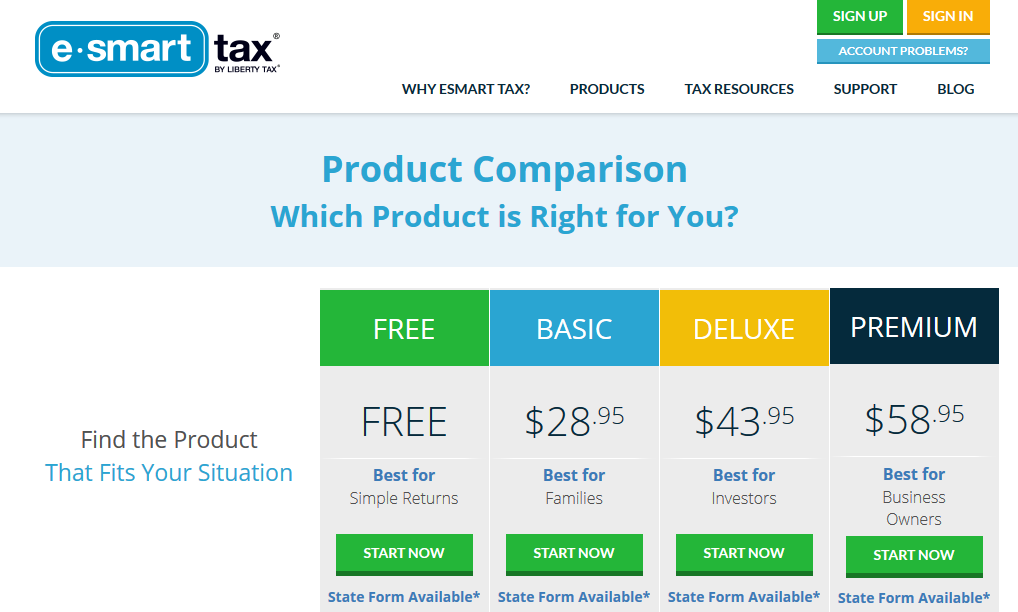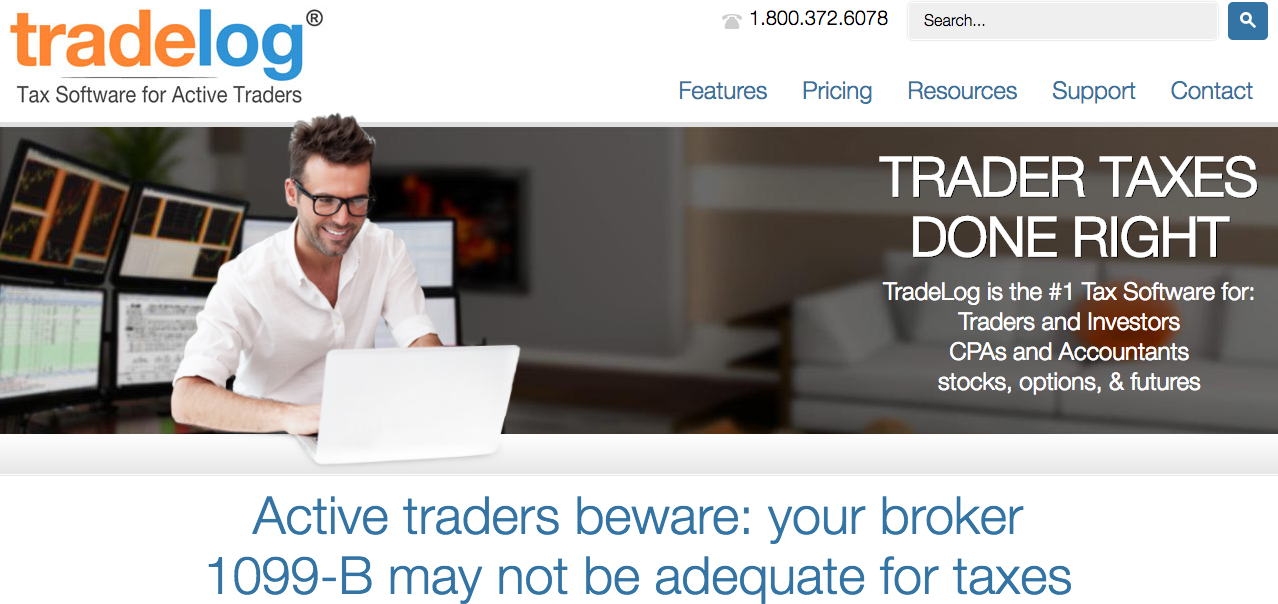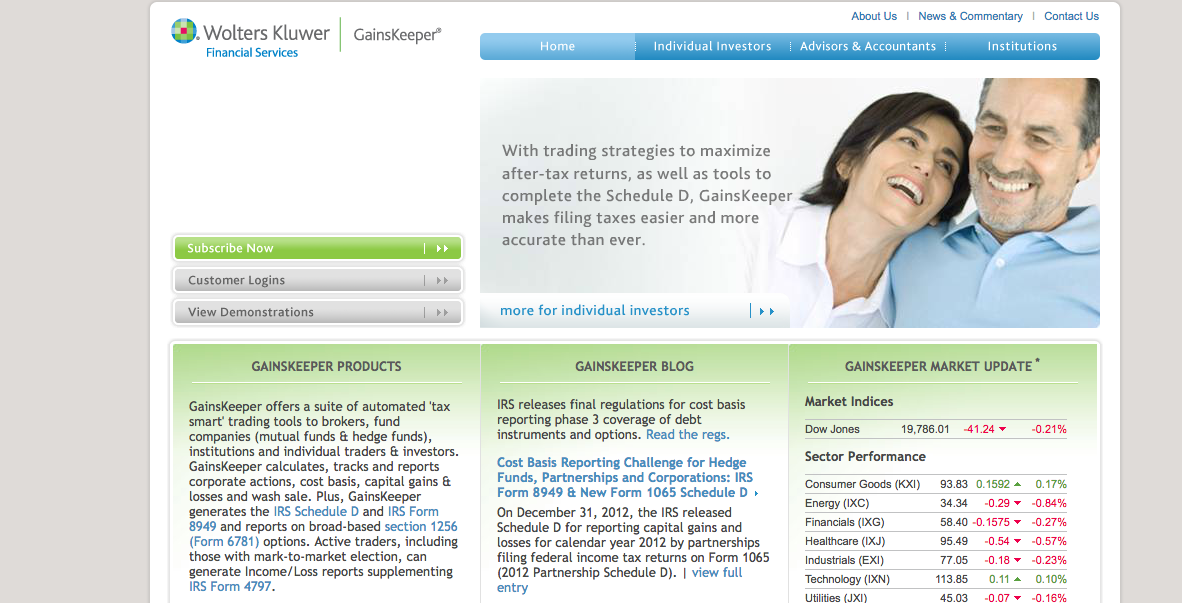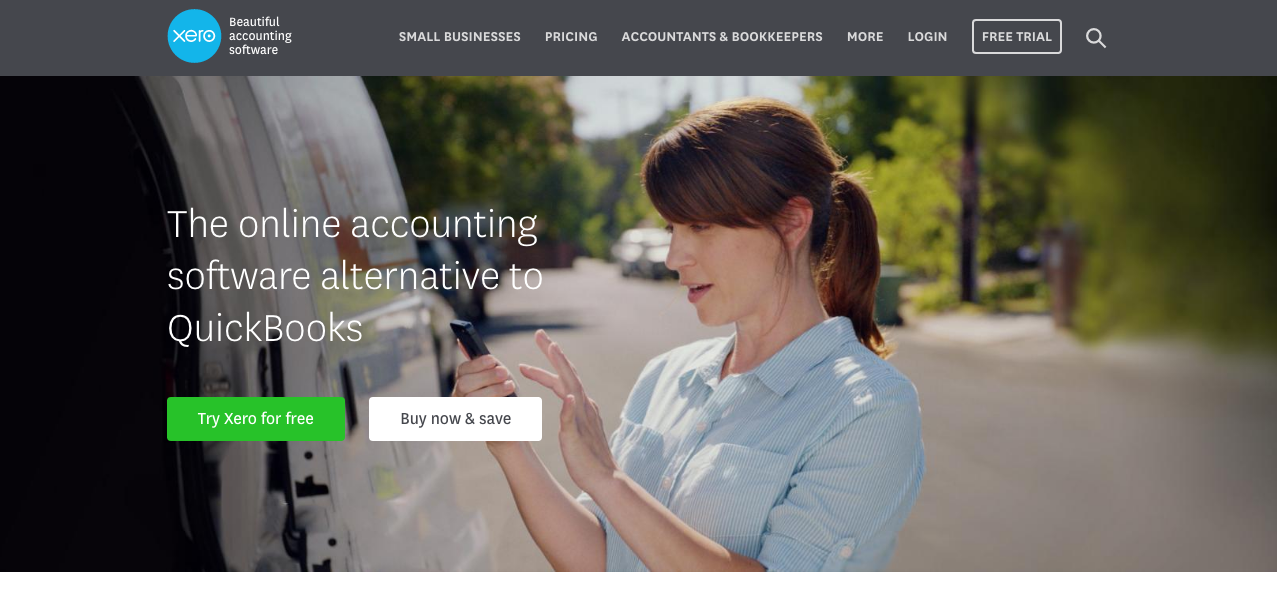Table of Contents
I cannot stress this enough:
The importance of keeping accurate and timely records for your daily trades cannot be overstated.
Keeping careful records not only helps you work out your profit/loss from your trades, but also helps you to track whether your trade strategies are working as planned.
This applies to both professional day traders and everyday investors.
Keeping accurate records is especially beneficial to a day trader, because traders who buy and sell equities with the frequency of a hedge fund manager can enjoy big tax benefits from the IRS.
The IRS classifies you as a pattern day trader if:
- You spend lots of time trading, preferably if you don’t have another full-time job.
- Have established a regular pattern of making lots of trades almost every day that the markets are open.
- You trade with a goal to profit from short-term swings rather than long-term gains or dividends.
If you qualify to carry the designation of a day trader, then you can deduct all of your trading-related expenses on Schedule C , just like any other sole proprietor.
This increases the odds that you get to enjoy tax exemptions that are ordinarily phased out at higher gross incomes.
In order to keep track of all your gains and losses, you’ll need some accounting software.
Download a PDF version of this post.
One of the most important qualities of good accounting software for day traders is that the software should be able to accurately calculate the exact amount of tax payable to the IRS from any profits realized from your trading activities.
Traders who only rely on information from their brokers to keep simple spreadsheets are often dismayed when they later discover that they overpaid or underpaid their taxes and are maybe at risk for paying additional penalties.
We’ve broken down here what qualities good accounting software should possess, to help you get the most out of your trading activities.
A good accounting software package should have the following features:
1.) Be IRS Compliant
- A good accounting software solution for day traders should be able to consolidate all of your trade history from all of your broker accounts in a single tax year file. The software should be able to track all of your accounts, including cash basis, MTM and IRS.
- It should have IRS-ready reporting. The package should be able to create Form 8949 for IRS Schedule D and to reconcile with your 1099-B.
- It should be able to keep track of and properly accommodate wash-sale reporting. The solution should identify wash sales for stocks, short sales and options. The software should be able to accurately identify IRA wash sales so that you can avoid them, if you so choose. This is especially critical, because whereas wash sales are almost inevitable for active day traders, many popular tax programs were never designed to handle the complexities of wash-sale rules. The software should track your wash-sale deferrals and let you know which open positions carry large deferrals. The software should also alert you to any new acquisitions that might trigger new wash sales.
- Your accounting software should be capable of mark-to-market accounting. Traders who have elected section 475(f) status are required to use mark-to-market accounting for some or all of their trades. The software should ideally automate mark-to-market adjustments at the end of each year. For traders who deal with futures and broad-based index options, the software should be able to automatically identify section 1256 contracts.
2.) Accurately Manage your Trade History
- Software should have comprehensive editing functions. Corporate actions, such as stock splits, ticker changes, cost basis adjustments and option assignment/exercising/expirations, require complex tax adjustments. The accounting software should feature a comprehensive suite of editing functions.
- Ideally, your accounting software should have a feature for trade journal/performance analysis. Profitable trading involves analyzing and understanding trends, strategies and performance. A good accounting software product for professional day traders should feature trade journaling and performance analysis tools.
- Technical support
- The accounting software package should have an adequate quick-start guide to help with easier tax reporting and provide detailed instructions.
- The software should offer online resources for trader tax instructions, including webinars and video tutorials.
- It should provide regular updates for tax compliance and broker support.
Having said that, let’s get to the reason you’re here!
The Best Accounting Software for Day Traders
There is a plethora of available accounting software solutions on the market today that traders can use for accounting and tax reporting purposes.
Unfortunately, only a handful are geared towards handling complex accounting functions that are specifically related to day trading, including wash sales and mark-to-market reporting. Below are a few that meet our stringent criteria:
1.) TradeLog
- Website: http://www.tradelogsoftware.com/
- Pricing: Starts at $197 per license
TradeLog is one of the most popular and comprehensive accounting software solutions available to day traders. TradeLog, a product of Armen Computing Ltd, is a standalone cloud product that supports more than 40 brokers. TradeLog is highly versatile and allows you to import an entire year of trade history with just a few mouse clicks.
TradeLog is considered one of the most comprehensive accounting platforms for day traders and includes a wide array of features, such as wash-sale reporting, mark-to-market accounting and a host of comprehensive editing functionalities.
2.) GainsKeeper
- Website: https://www.gainskeeper.com/
- Pricing: Starts at $69 per license
GainsKeeper is a financial services and tax management software solution. The product is owned by Wolters Kluwer N.V and headquartered in the Netherlands. The product is popular with day traders and can also be used by SMBs operating in other business circles.
GainsKeeper offers a variety of accounting tools that are useful for day traders, including tools for processing wash sales, tax lot matching and cost basis adjustments for corporate actions.
GainsKeeper also provides a variety of trading strategies that allow you to maximize your after-tax returns. GainsKeeper is compatible with many popular tax programs and allows you to seamlessly export your tax information to other programs.
3.) Xero
- Website: https://www.xero.com/us/
- Pricing: Starts at $20 per month per user
Unlike TradeLog and GainsKeeper, which have special features for day traders, Xero is a general purpose cloud-based accounting software product that is beloved in the small business community, as well as among freelancers and non-profit organizations. Its sheer versatility makes it an ideal accounting product that traders can use for non-trading accounting functions. Some of its key features include:
- Supports a wide variety of portable devices, including Windows and Android devices.
- Supports different platforms, including Google apps, Open API and Salesforce.
- Allows the user to easily import and code all banking transactions and supports multi-currency accounting.
- Can be used with a large number of add-ons.
4.) E-Smart Tax Deluxe Edition (For Investors)
- Website: https://www.esmarttax.com/
- Pricing: $43.95

E-Smart Tax (By Liberty Tax) is a web-based tax program that was designed by Liberty Tax. The software program is ideal for use by both individuals and investors alike. It handles a variety of tax parameters, including depreciation, deductions, donations and investments. E-Smart Deluse provides highly detailed step-by-step guidelines for filing your tax returns and allows you to import your W-2 and 1099 data.
In Closing…
Whichever accounting and tax software solution you choose, the best time to start working with it is the minute that you start trading, not April 14th. Each of the solutions that we’ve profiled should also reduce your tax preparation expense, since much of the calculation and record-keeping will already be completed.




